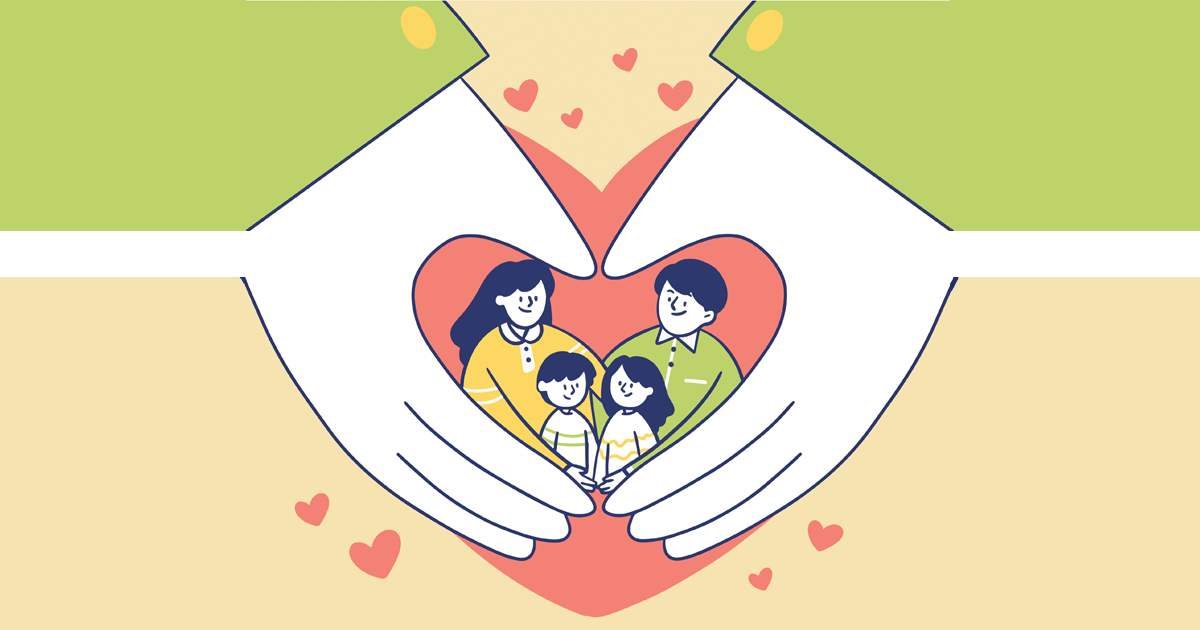
Positive Parenting Through Divorce
Parenting during and after divorce can be confusing, frustrating, and complex. The best way to raise well-adjusted, happy children is to set aside the acrimony and work together as co-parents. For many couples, this is easier said than done.
Here is a quick guide to successful parenting through a divorce:
Steps to achieve positive parenting
Discuss the divorce openly with the children
Maintaining a cordial relationship with your ex is vital to achieving your positive parenting goals. It will allow you to discuss with your children (in an age-appropriate way) what is happening at an early stage of the divorce. It can help if the children hear about the divorce from both parents. Reassure your children that you will be a family and that both of you will always love them.
Read More: Parental Alienation After Divorce
Focus on respectful parenting
No matter what went wrong between you and your spouse, it is essential to remember that your children need the love of both parents. Conflicts, accusations, and anger can be handled in a better way by keeping communication lines open with your spouse.
Creating successful communication is something both parents need to work on continuously. Make an effort to cultivate a respectful and cordial relationship with your former spouse. Treat your ex with dignity and respect in all your interactions, and the chances are high that they will reciprocate.
Maintain a stable environment
Divorce brings inevitable changes in your and your children’s lives. For example, your children may end up moving to a new location and a new school, which can mean the loss of their immediate support network.
This also includes changing dynamics with the extended family members (grandparents, aunt, or uncle) after the divorce. These changes can increase your children’s stress, leading to depression, anxiety, or anger. One way to minimise the impact is to maintain the lifestyle and routines as close as possible to before the divorce.
If possible, keep your children’s support network, including school, family, and friends, stable. If changes are unavoidable, talk to your children well in advance and reassure them that you are always there to support them. Your kids are likely to be comfortable with the changes if you are.
Read More: The Effect of Divorce on Children – An Age-by-Age Guide
Let go of the negatives
Positive parenting is all about letting go of the hurt, resentment, hatred, jealousy, and anxiety. While these emotions are natural, holding on to them can harm you and your children in the long run.
For your children’s sake, decide to let go of them and adopt a positive mindset. Letting go of negativity also involves learning to forgive. Forgive yourself for any mistakes you made in your marriage or divorce, including immaturity, poor choices, or naivety. Feel your worth and remind yourself that you are now ready for personal growth and transformation. Forgiving your ex may seem hard, but it is essential for your mental peace.
Make a parenting plan
A carefully crafted parenting plan is a vital tool to achieve positive parenting. Discuss with your former spouse creating a good parenting plan that outlines your co-parenting responsibilities.
I can help you formulate a parenting plan while advising you on the steps you can take to protect your parenting rights and your children’s welfare.


0 comments